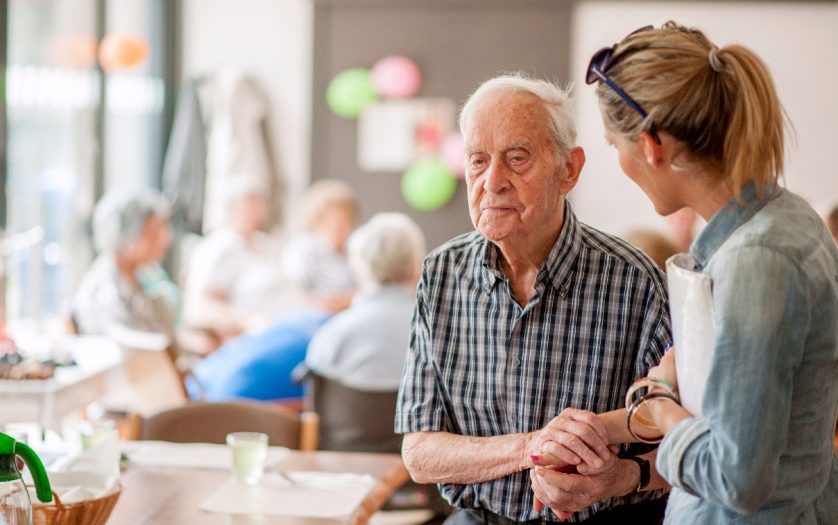
Australia’s Age Discrimination Commissioner has called on organisations providing services to older people to deliver ageism awareness training to their staff, with new research showing it can be highly effective in shifting attitudes.
The Australian Human Rights Commission surveyed aged care and community workers before and after undertaking a training session, which covered several topics relating to ageism.
A follow-up survey conducted 2–3 months after participants attended a single, 2.5-hour session, found that 90% had rethought the way they communicate with older people.
87% had discussed ageism with others, 86% actively considered actions they could take to address ageist attitudes in their workplace, and 82% reconsidered their attitudes towards ageing.
Age Discrimination Commissioner, the Hon Dr Kay Patterson AO, said it was powerful evidence that governments and industry could, and should, take action to tackle ageist attitudes in the community.
“Ageism is one of the most pervasive and tolerated forms of prejudice in Australia, but this research confirms my long-held belief that it’s also one of the easiest to shift,” she said.
“Ageism can have serious consequences for older people’s health and wellbeing. Studies have linked those who experience or internalise ageist attitudes with shorter lifespans, reduced quality of life, and physical and mental health conditions.”
“Prior to the training, the aged care and community workers did not have explicitly negative views of older people, but they did endorse more subtle ageist beliefs, for example perceiving older people as being in need of assistance and experiencing physical and cognitive decline. Though they may be well-intentioned, such attitudes can lead to patronising and paternalistic treatment of older adults.
“Speaking slowly and loudly to an older person, or making a comment like ‘you look good for your age’ are based on implicit biases about older age.
“These attitudes by aged care workers can lead to not taking older people seriously or missing the signs for underlying health problems.”
In follow-up surveys, some of the aged care and community workers said the training encouraged them to be more consultative when working with older people.
“(I have) a different perspective when working with older populations – allowing and encouraging more self-management and control over their decisions,” said one participant.
Commissioner Patterson said the results of the research were encouraging.
“It’s so exciting to see that a short, one-off training session has the potential to positively affect the way older people are treated. I urge governments, businesses and other institutions to provide ageism training to promote positive intergenerational relationships.”








